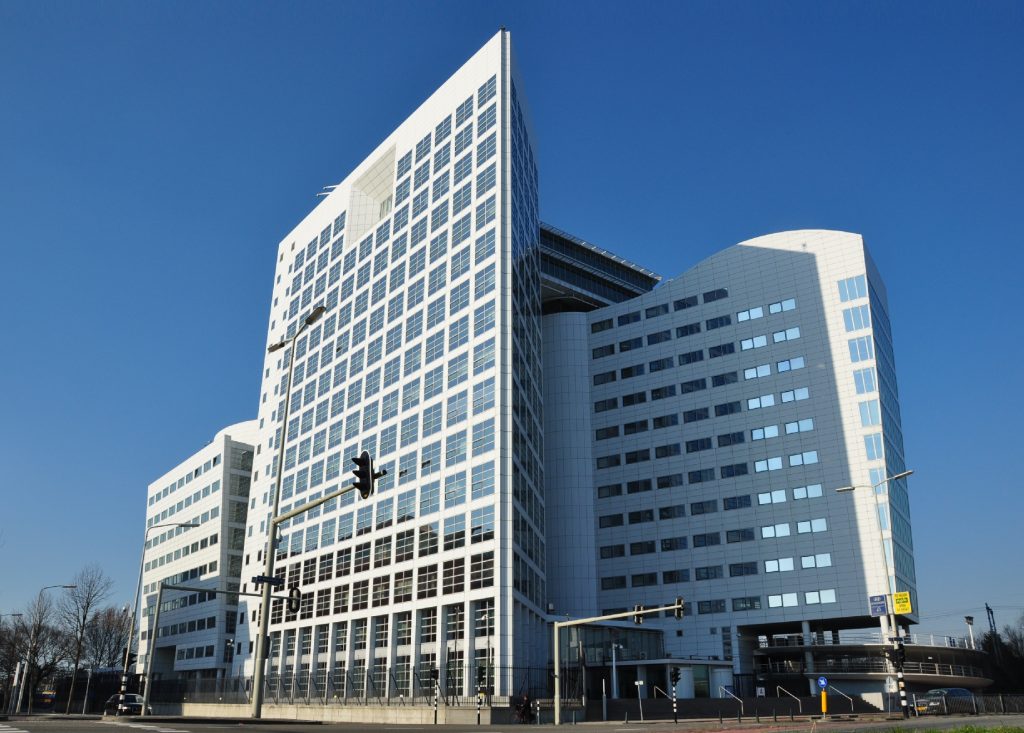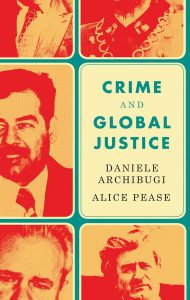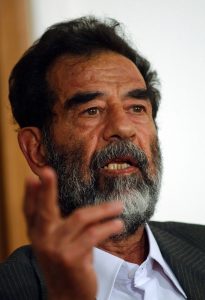Daniele Archibugi, Professor of Innovation, Governance and Public Policy at Birkbeck, and Alice Pease, a researcher working on a modern slavery campaign, discuss a new system of global criminal justice which has emerged over the last quarter of a century, and which they have written about further in their new book.

The Hague, International Criminal Court
International criminal justice is still sailing in uncharted waters. At the end of 2017, after 24 years of activity, the International Criminal Tribunal for the former Yugoslavia (ICTY) closed its doors after handing Ratko Mladić a life sentence and the spectacular live suicide of Slobodan Praljak. In 2018 we will celebrate – with little enthusiasm – the twentieth anniversary of the International Criminal Court. The great hopes that impunity of governors would have been contrasted by an emerging global justice have faded away. Where are we at? Our book tries to outline the strengths and weaknesses of the new international criminal justice system which emerged at the end of the Cold War, to identify its connection with the post-World War II tribunals established at Nuremberg and Tokyo and to explore how it could further help to protect human rights in the changing political contours of the twenty-first century.
Is international criminal justice an effective tool to prevent atrocities and to hold powerful politicians accountable? An assessment of what has, so far, been delivered by international criminal justice is highly unsatisfactory. Those indicted at the bar often appear to be mere scapegoats and seldom have the trials effectively contributed to reconciliation in areas devastated by civil wars. More seriously, some of these trials have been shows of power used by wars’ winners to discipline their opponents.
Is this motive enough to abandon altogether the idea of a supranational system of criminal justice? This is the core question addressed in our new book, Crime and Global Justice. Even if, so far, it has been highly selective, all the defendants judged by international trials have committed atrocious crimes. It is certainly true that many authors of international crimes are still at large, and far too many have not been targeted at all by any investigation. But the fact that the international judicial system is not able to incriminate all culprits is no justification for letting them all off the hook.

Saddam Hussein, who was hanged in 2006 after being convicted of crimes against humanity.
While much of the existing literature has addressed the issue by exploring the potentials of the judicial devices available, we have approached it from a different perspective, namely to look at a few spectacular trials with very different outcomes. We have tried to show that the incrimination of Augusto Pinochet by a Spanish judge helped Chilean society to face up to its own past. Judging Slobodan Milošević while ignoring the war crimes committed by NATO in its war versus Serbia showed instead how biased international justice could be. The conviction of Radovan Karadžić gave at least some solace to the victims of the civil war in the Balkans. The hanging of Saddam Hussein led to an explosion of sectarian violence in Iraq as well as in neighbouring countries and almost succeeded in transforming one of the most brutal dictators of the twentieth century into a martyr. The fact that Sudanese President Omar al-Bashir, after two warrants of arrests were issued in 2009 and 2010, is still firmly in control of Sudan has seriously discredited international justice.
We argue that so long as international criminal tribunals continue to operate in an inter-governmental logic, it will hardly be able to deliver its promises. Governments are providing the budget, selecting the judges, even providing the prisons for the few convicted and this seriously hampers the independence of the judicial power. The hope of a genuinely impartial judiciary will, therefore, rest on the ability of civil society around the world to pressure the official institutions through opinion tribunals, independent investigations, and by carefully watching the proceedings of the International Criminal Court.
The book makes ample reference to films and novels that have been inspired by controversies associated with the global criminal justice system. We hope very much that this wealth of non-academic sources will motivate students to engage with the question of global criminal accountability.
Crime and Global Justice: The Dynamics of International Punishment is available from Polity.
